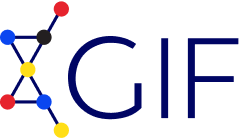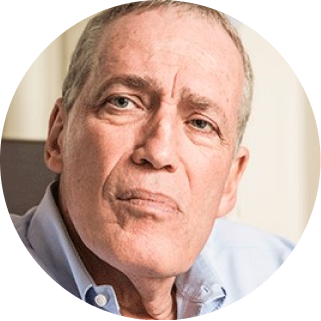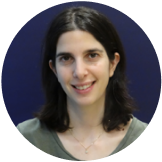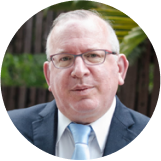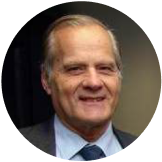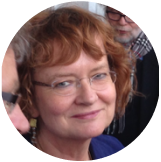Home | Meetings | Upcoming and Past Meetings | Adaptive Cognition in Noisy Environments
Adaptive Cognition in Noisy Environments
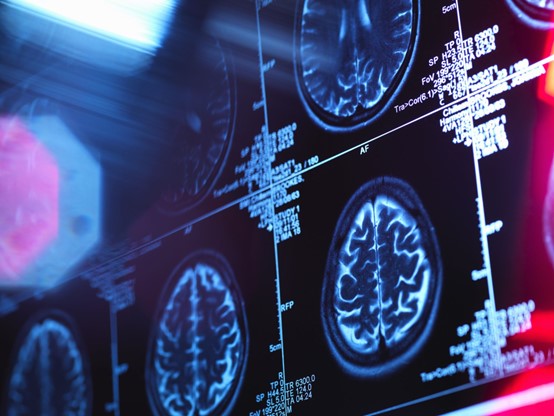
Meeting Details
- Summer 2024
- Frankfurt, Germany
Scientific Organizing Committee:
– Dr. Tom Schönberg (Tel Aviv University)
– Prof. Christian Fiebach (Goethe University Frankfurt)
Abstract
This meeting offers a platform for early career scientists from Israel and Germany to explore across disciplines, (a) how the human mind and brain achieve precise perception, cognition, and action in noisy environments; (b) how the brain handles dynamic and highly variable environments, as a mechanistic basis of these cognitive challenges; and (c) how noisiness is accounted for in modern computational (AI) models of cognition. Research into the psychological and brain mechanisms underlying perception, cognition and action has made enormous progress over the last decades.
However, cognitive and neuroscience research is still to a great part confined to laboratory settings, in which multitasking demands are mostly absent and stimuli are presented under artificial and highly controlled conditions, with minimal interfering information and clearly defined task rules. This is not a realistic model of our everyday lives. Rather, perception, cognition, and action take place in noisy environments, where sensory signals are more frequently compromised, and a large multitude of information must be considered simultaneously. Such noisy environments are also less consistent than those used in standard experimental settings, with variability in how they develop over time, in part due to multiple other agents interacting with the same environments, and with each other in social contexts. This complexity, which is largely unaccounted for in most psychological and neuroscientific research, enforces the question, how object recognition, decision making, language processing, memory, controlled action, and many other cognitive and behavioral processes can function at such high precision in noisy environments.
In this interdisciplinary workshop, participants will be exposed to the challenges of studying the brain and mind in naturalistic, noisy environments, from the perspectives of neuroscience, cognitive psychology, and computational modeling. The workshop format will encourage and foster in-depth discussions across fields of expertise, by supplementing impulse talks from leading scientists with ample time for interactions among participants.
